

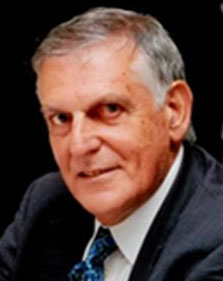

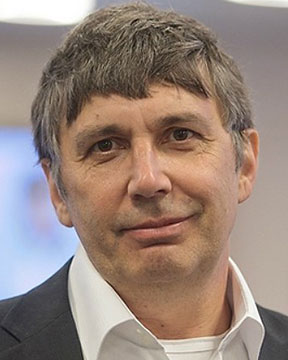
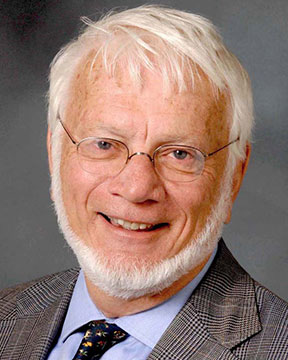


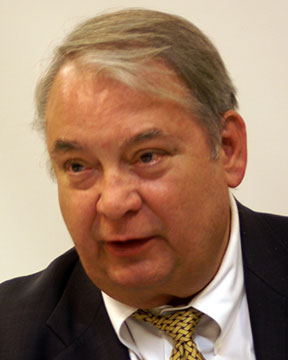








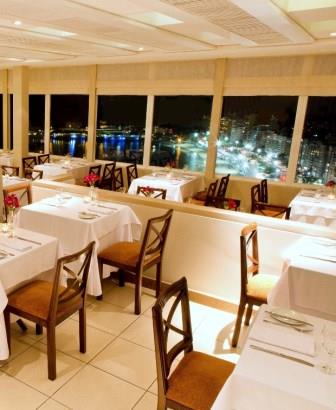


 |
Jonathan David ParkerEPRIUnderstanding The Behaviour Of Advanced Alloys Is Critical To Safe And Reliable Performance Of Modern Equipment In The Energy Sector 4th Intl. Symp. on New and Advanced Materials and Technologies for Energy, Environment and Sustainable Development Back to Plenary Lectures » |
Abstract:Most electricity generating plants must be able to achieve greater flexibility of operation than was traditionally the case. Thus, high energy components must exhibit reliable, long-term performance under cyclic operating conditions. Historically, assessment of the performance of these components focused on defining the transients related to hot, warm, and cold starts and stops. The complexity and range of cycles in many plants now include rapid changes in generating output to operating levels of 30% of rated capacity. In many cases, the desirable levels of low load operation are below the values considered in the original design. EPRI programs have thus been working with utilities to implement monitoring campaigns which record the changes in local pressure, temperature, and flow with time at different locations within a system, and to undertake analysis to assess the influence of these effects on performance. This work is challenging since both the cycles and the low load operation can lead to problems associated with thermal and/or mechanical loading, as well as potential issues with control of water chemistry, oxidation, and corrosion. The present review summarizes EPRI achievements linked to transient effects in modern generating plant, with particular emphasis on the behavior of creep strength enhanced steels. These steels, typically based on 9 to 12% Cr, offer significant benefits to the design and fabrication of components in high efficiency fossil fuelled plants because when properly processed tempered martensitic steels offer an excellent combination of strength and toughness. However, assessment of in-service experience demonstrates that cracking in CSEF steel components has occurred relatively early in life. In many cases, the occurrence of damage has been linked to less than optimal control of steel making, processing, and component fabrication. The results of EPRI facilitated collaboration to establish best practice guidelines for component design and the use of these steels in high efficiency plants are discussed, and the ongoing commitment to knowledge creation and technology transfer is described. |
|